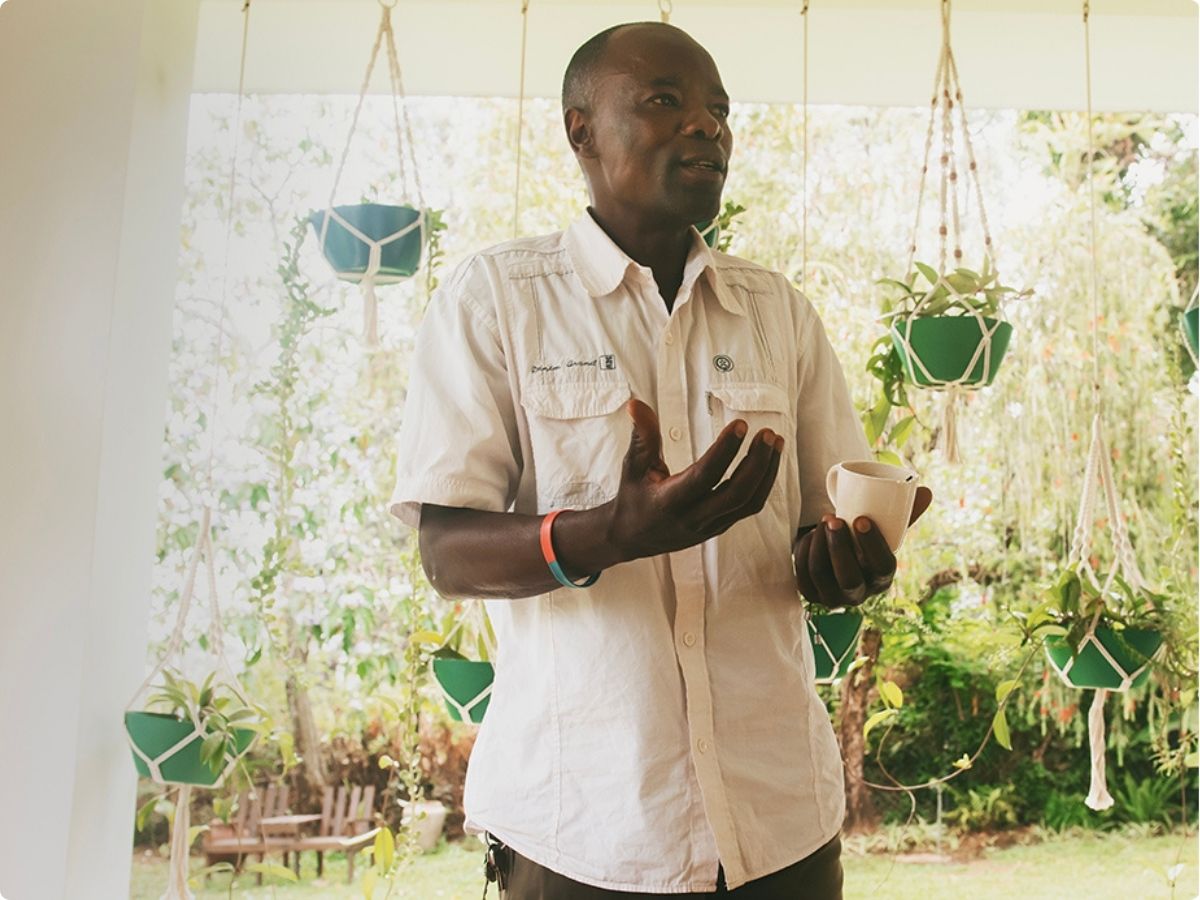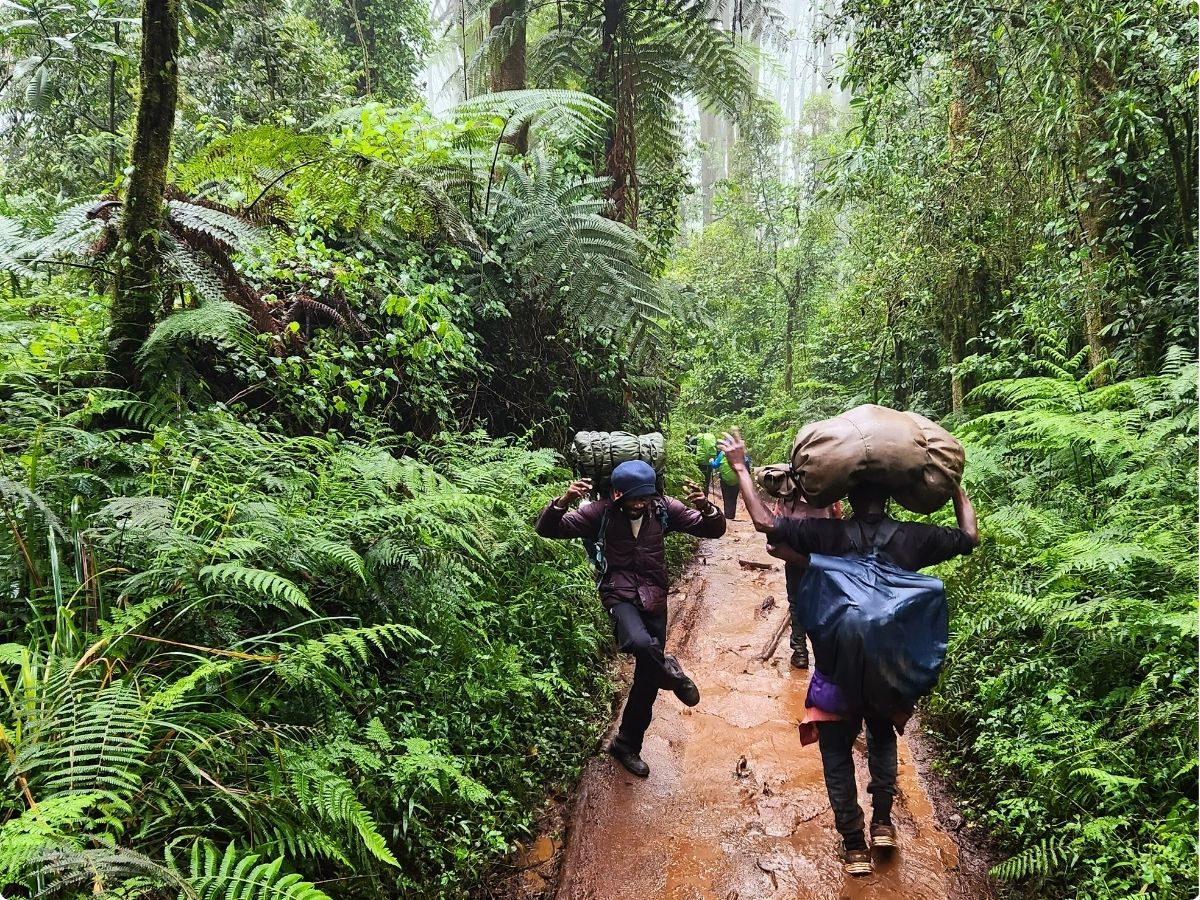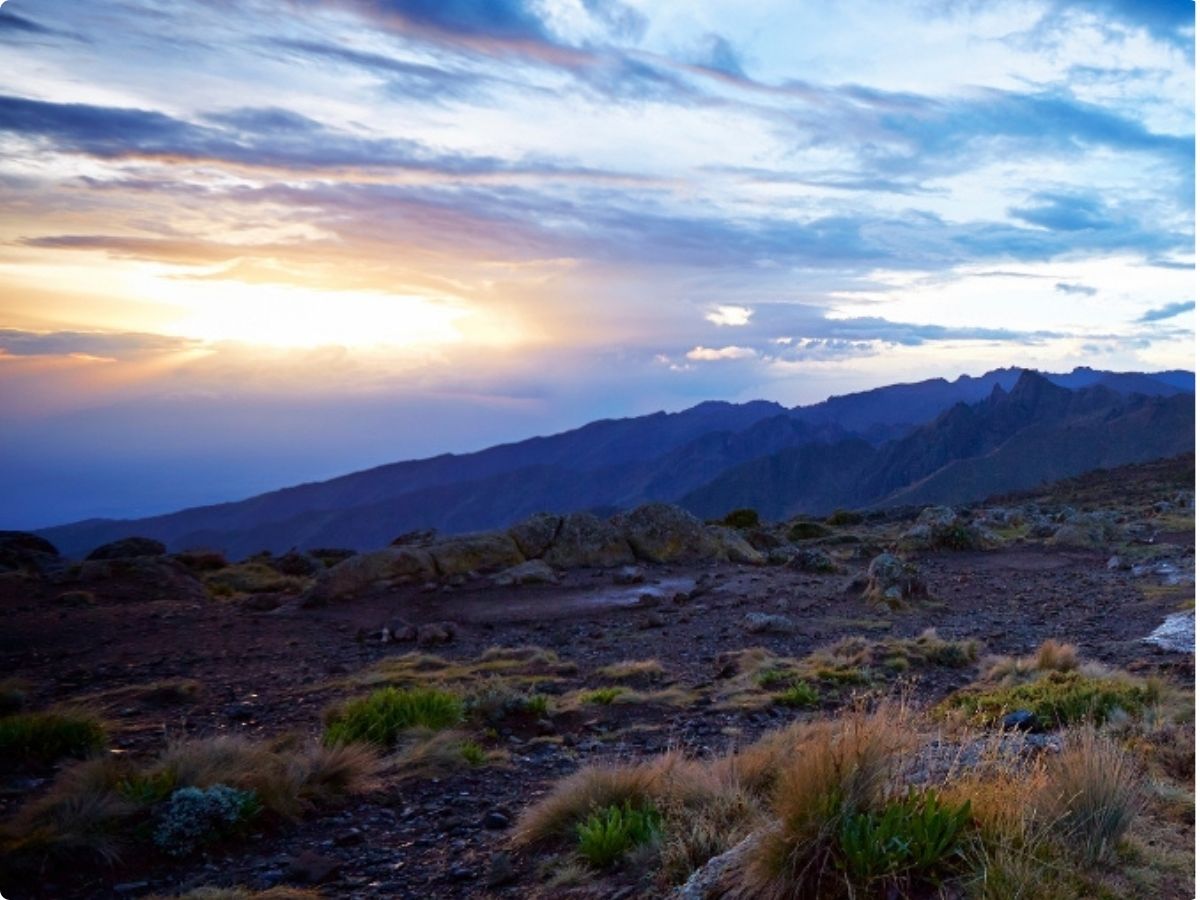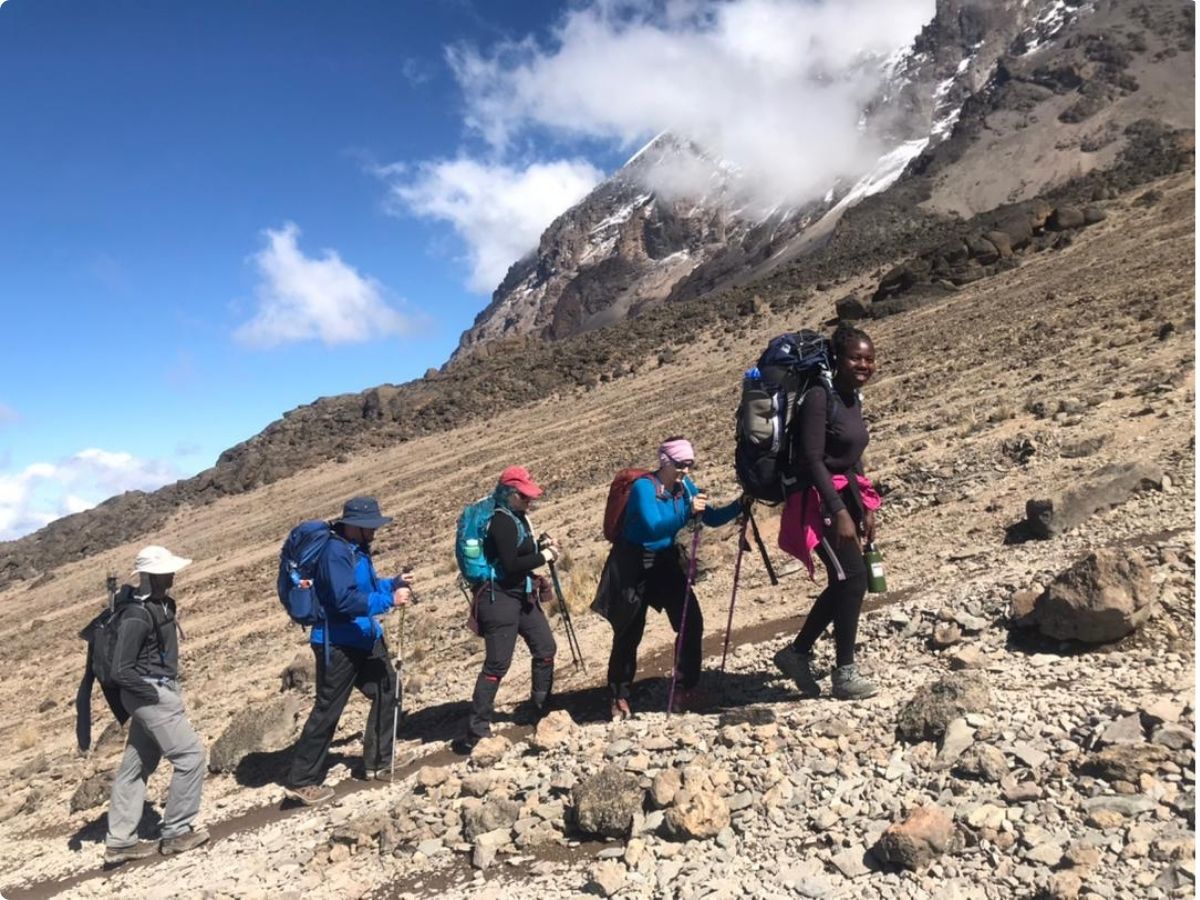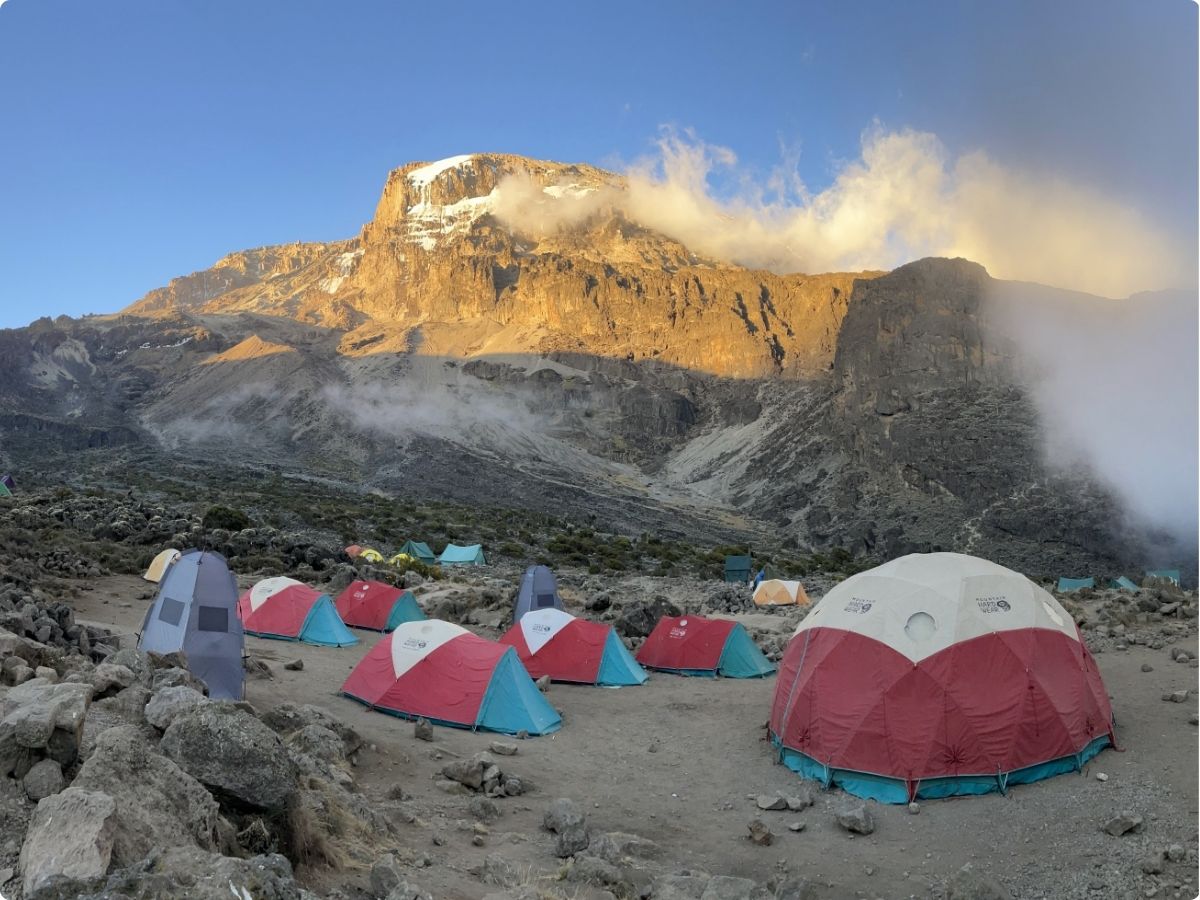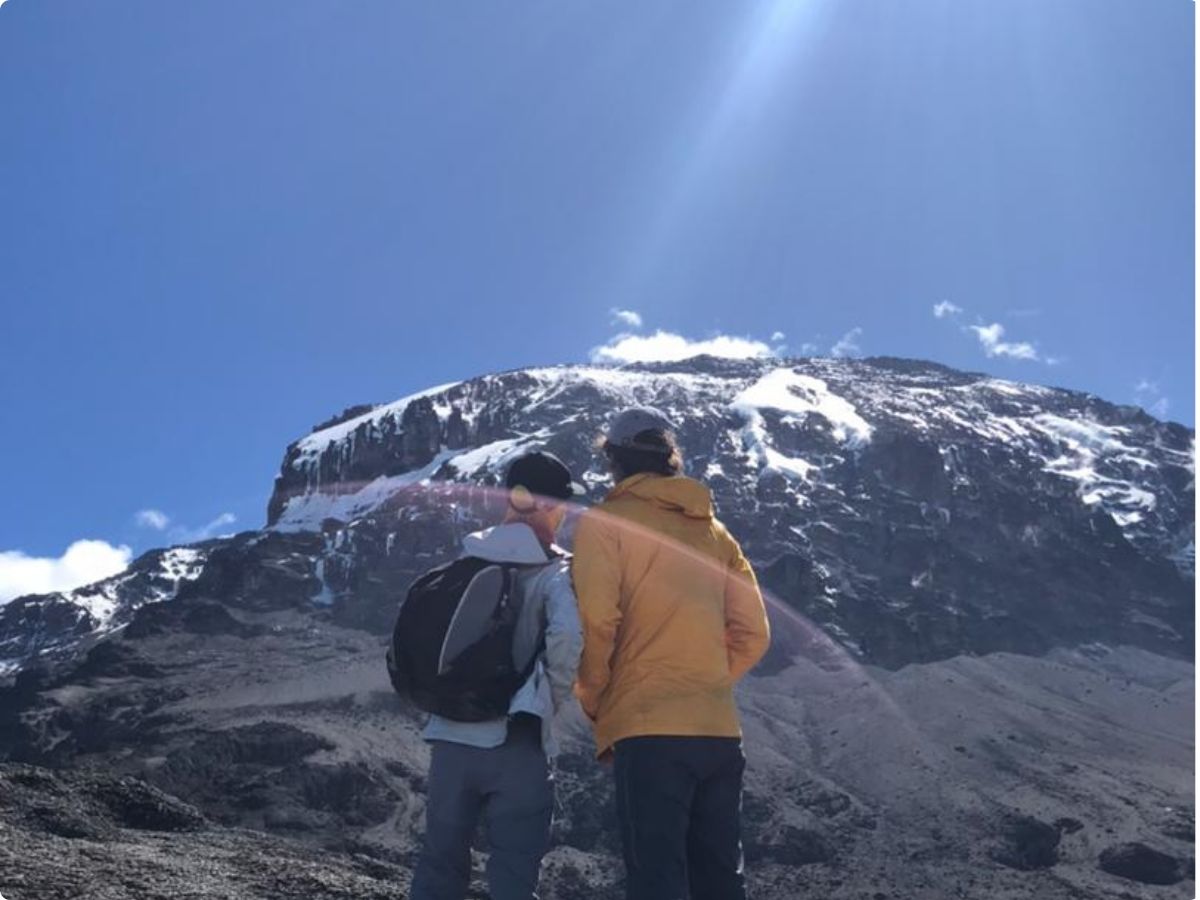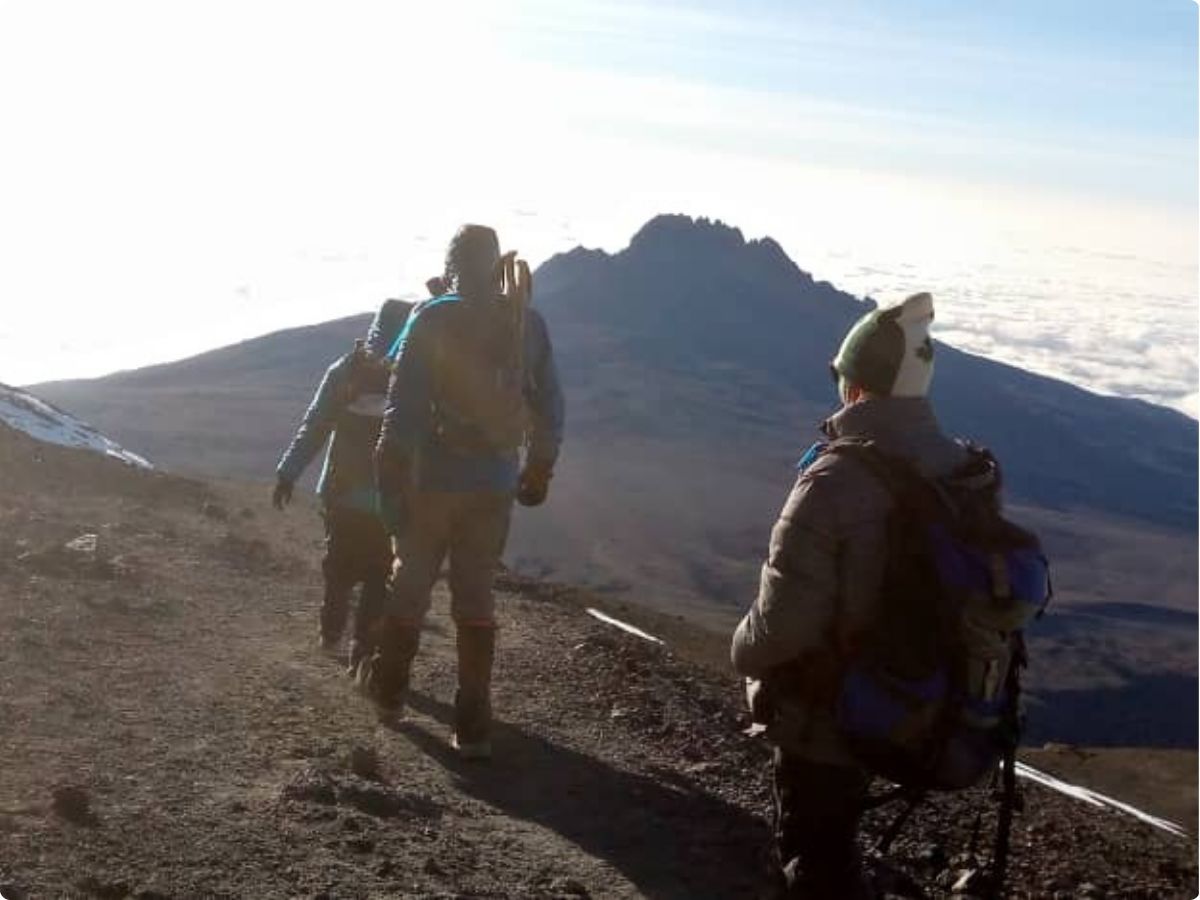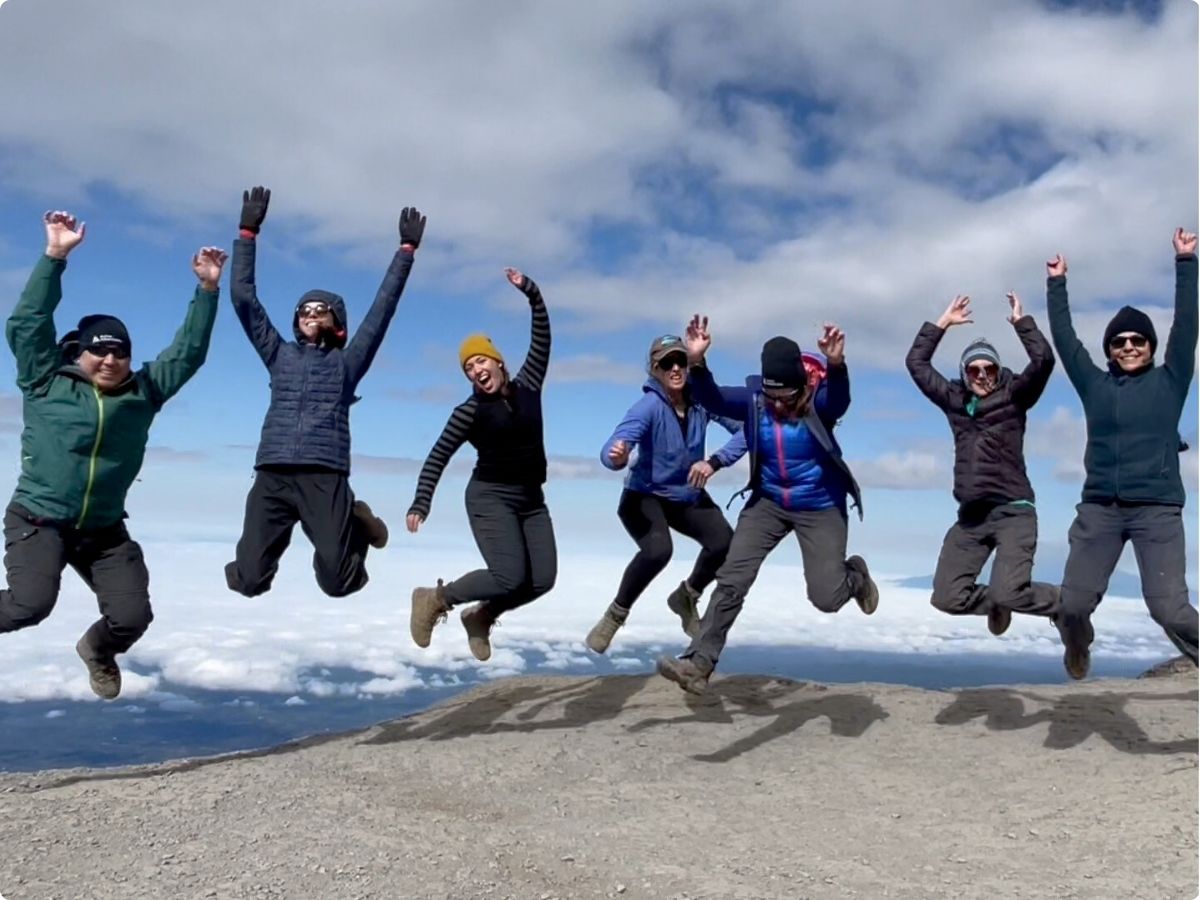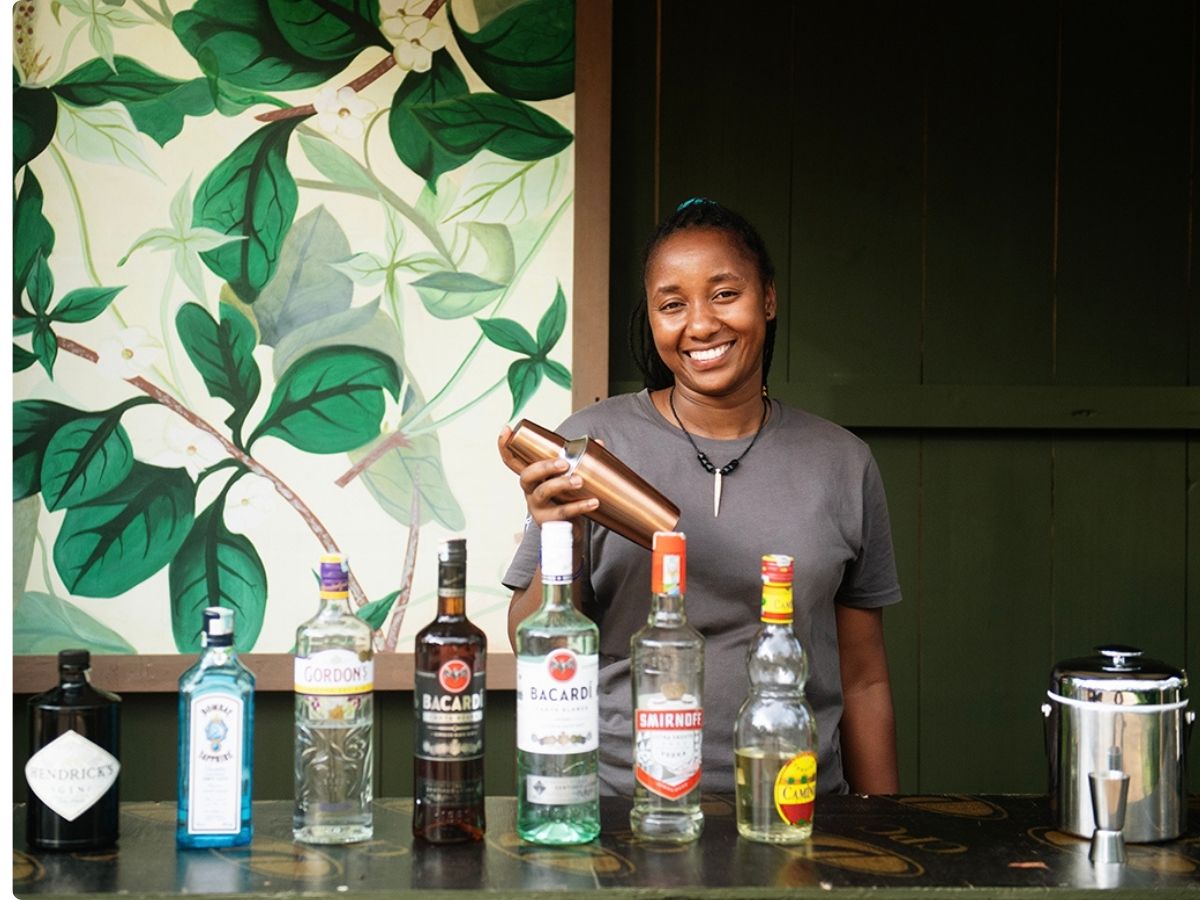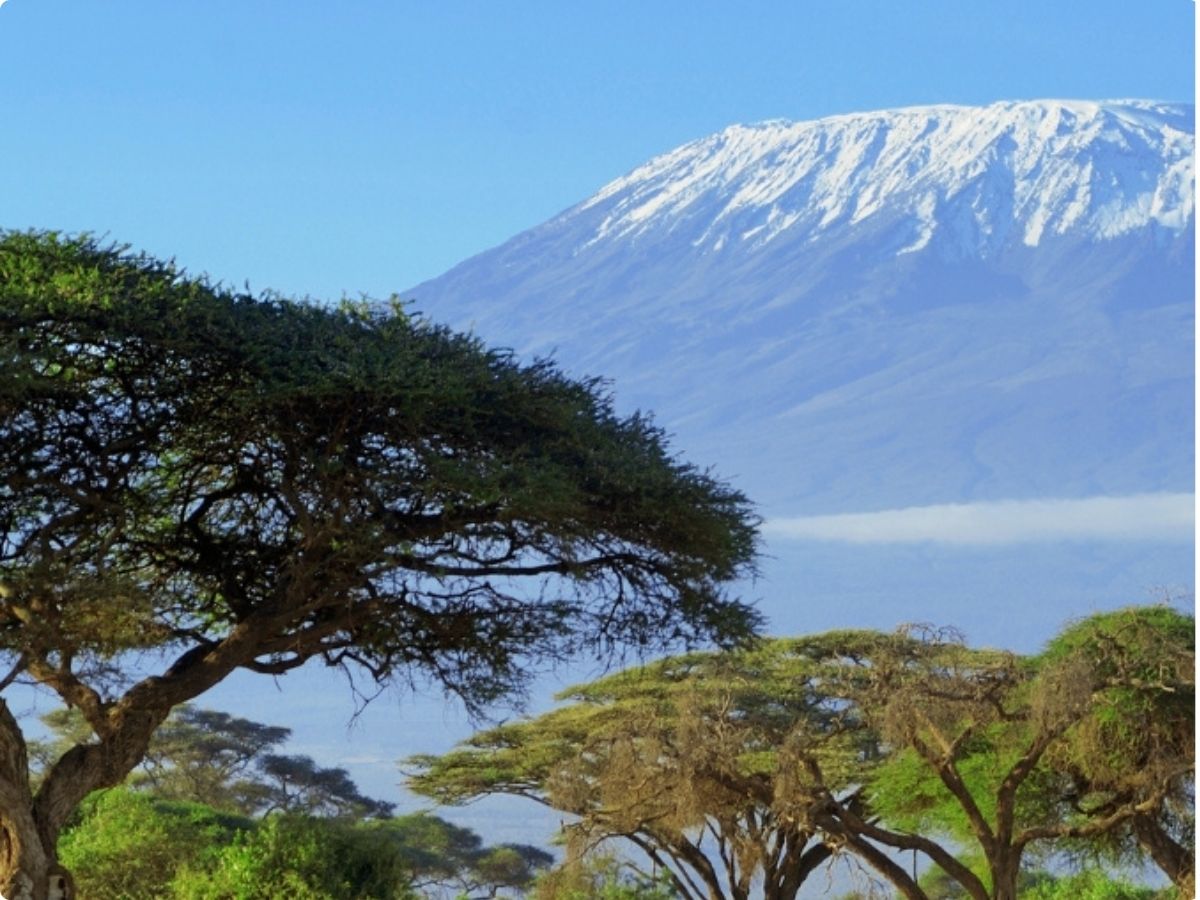We’ll be departing just before midnight for the final stretch to the summit – yes, you read that right, just before midnight! It is going to be a hard wake-up call, but your guides will have some hot drinks on hand to get you going. Kosovo Camp being a high camp, we’ll have a head start over other tekkers and be able to avoid crowds on the summit night, allowing for a better experience on the summit night. This is the most physically and mentally challenging part of the trek, and patience and persistence are the names of the game here as you trek through heavy scree, with our aim to reach Stella Point on the crater rim by dawn. As the first rays of light start to appear and the sun peeks over the horizon, we’ll be rewarded with one of the most magnificent sunrises we’ve ever seen.
The break of dawn will give us a much-needed energy boost and with the sun on our faces, we’ll make our way along the final 1 hour stretch of our summit attempt to Uhuru Peak. After a moment to take it all in we can begin to celebrate, we’ve made it to the top of the highest free-standing mountain in the world, 19,340 feet (5,895 meters) above sea level! What an incredible achievement!
What goes up must come down and our goal after celebrating at the summit is to begin a steep descent to Millennium Camp in time for dinner, with a short stopover at Millenium Camp 12,530 feet (2,075 meters) for lunch and a brief rest. Congratulations!
Accommodation:
Millenium Camp
Meals:
Breakfast, Lunch, Dinner
Kosovo Camp to Uhuru Peak: 2.5 miles (4 kilometers), 6-7 hours
Elevation Gain/Loss: 3,590 feet (1,095 meters) ascent
Uhuru Peak to Millenium Camp: 5.5 miles (9 kilometers), 6-7 hours
Elevation Gain/Loss: 6,810 feet (2,075 meters) descent

